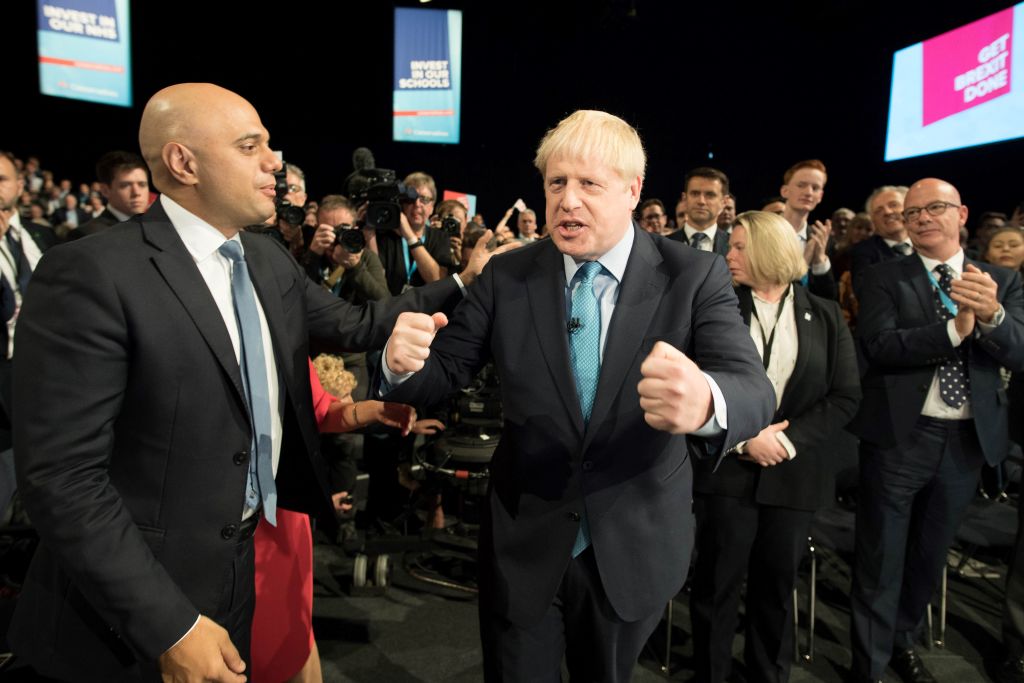As Jeremy Corbyn launches the Labour campaign today, talk has turned to the key battlegrounds that will decide the result of the general election. However, when it comes to where the most pivotal campaigning will take place, increasingly the answer is online. Digital campaigning has risen in importance with each election. With bad weather likely to put off some of the less enthusiastic campaigners this year, the efforts online will be particularly crucial.
This poses a challenge to the Tories. In 2015, the Conservatives were praised for running a carefully planned digital campaign that focused on key voter groups. But in 2017 they dropped the ball. The party is reported to have spent more than £2m on Facebook advertising, yet received little in return for its efforts, which were deemed sluggish and ineffective. Labour spent considerably less (£500,000 on Facebook) yet received a better response thanks to a positive campaign that led to supporters sharing the party’s messages.
As the Conservatives prepare to go to battle, they are making every effort to ensure that they are not left behind this time, and digital will be front and centre of the campaign. On Friday, Boris Johnson’s most senior aide, Dominic Cummings, told colleagues at Downing Street that the party needed a ‘digital-first approach’. Advisers were told to reconsider how they approached government story-telling: rather than use an interview with a member of the Westminster media lobby to unveil a good story, they should work out first how to get it out digitally. ‘The aim is to make digital communications primary rather than secondary,’ says one of the attendees.
When it comes to the election campaign, over at Conservative campaign headquarters, there have been important hires to improve the operation. The new director of politics and campaigning, Isaac Levido, has brought in social media campaign gurus Sean Topham and Ben Guerin. The New Zealanders have an impressive election track record – from campaigns in their home nation, to most recently helping the Australian conservative leader, Scott Morrison, win a surprise victory over the Australian Labour Party. Through their work for the former Tory election strategist Sir Lynton Crosby’s CTF Partners, Topham and Guerin were previously reported to have helped run an ‘enormous Facebook propaganda network’. However, a former colleague of theirs insists that they are not about ‘fake news’.
As I write in the i paper, expect a relentless focus on messaging across various channels including Facebook, Instagram and Snapchat. One senior Tory involved with running the campaign says: ‘It’s about saying the same thing again and again and if people stop listening finding a different way to say it.’ An example of this approach could be found in the Conservatives’ social media output on the day the Tories attempted to pass their Brexit deal in the Commons. The Conservatives pumped out banners reading ‘Get Brexit Done’. However, one in particular garnered widespread interest with Remain voters sharing it to criticise it. Its sin? The banner used the font Comic Sans. The idea was that it would start a conversation.
https://twitter.com/Conservatives/status/1186650398037331968
The view on the Tory side is that anything which gets people discussing their message is good – like the EU referendum £350m a week for the NHS bus claim – even when the discussion is, on the face of it, negative. Conservative MPs look back to the often-abrasive approach adopted by Vote Leave under Cummings during the EU referendum campaign, and predict turbulence ahead. The official Leave campaign spent £2.7m on targeted Facebook ads which included a banner suggesting that Turkey was joining the EU.
‘It’s going to be dirty tricks for both sides,’ says a Tory party insider. The Conservatives expect Labour to conduct a campaign accusing them of secretly planning to sell off the National Health Service in pursuit of a US/UK trade deal, something that government ministers have repeatedly denied.
In 2017, Jeremy Corbyn’s Labour won the social media war by coming up with messages that people wanted to share – ones that chimed with people’s values. In contrast, Theresa May’s robotic promise of strong and stable leadership garnered little enthusiasm no matter how much money was put behind it. In the incoming digital battle, the Tories are determined not to make the same mistake. They plan to get people sharing their message – even if it’s for unconventional reasons.







Comments